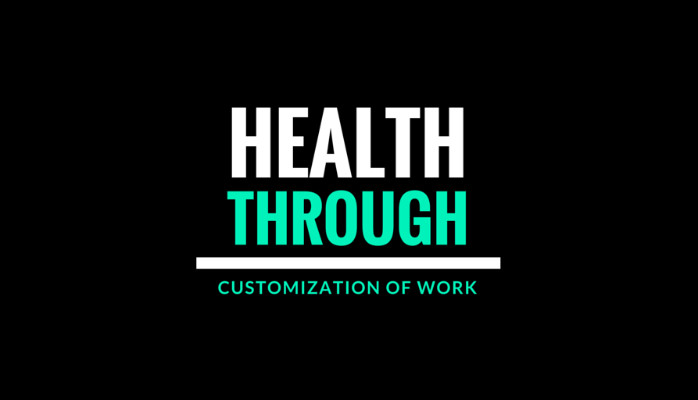A recent law has changed the approach to psychological well-being at work in Belgium. The law allows any employee to ask for a psychological intervention for work-related mental health issues. For the first time the concept of burn-out appears in Belgian legislation. Before that the law on well-being focussed on harassment, indecent behaviour or aggression. The legislator finally acknowledges that there is a problem.
We do have a Health Problem
Research by Securex reveals the problem.
- 11% of Belgian employees has experienced a discrimination.
- 10% complains about harassment.
- 1,4% felt victim of sexually inappropriate behaviour.
- not less than 16% experience aggressiveness on the job, especially in the services industry. This figure has doubled in one year.
These numbers are hallucinating. No need to say that a work environment like this creates stress and exhaustion. The impact on mental health is enormous. Not so long ago people saw stress or burn-out as a weakness. The issue of mental health was not debatable. And in many companies it still isn’t. So the good thing about this legislation is that creates more openness. This offers opportunities to employees and employers to look for solutions to create a healthy work place. For some employers the law is redundant because they invest in creating healthy workplaces.
Other employers could say that mental health is not exclusively related to work. They could argue that there is a crossover between family and professional life. That is true. But this does not diminish the employer’s responsibility to do something about mental health issues. I do not believe in a solid boundary between private and professional life. You bring professional worries home. You cannot switch off your private concerns at the company gate. As work and private life get more integrated – e.g. through mobile technology – employers cannot close their eyes for the general challenge of employee health. And they can do a lot. Employers can take a lot of initiatives that help people to become more resilient, more capable of coping, stronger in the face of e.g. an aggressive customer. Leaders, HR professionals, psychologists, occupational health practitioners are available tackle mental health problems, even in the case of private critical incidents.
We need to go beyond
It’s also a pity that we’d need a law just to give someone the right to talk about stress at work. And creating awareness and psychological interventions will not suffice. We need to go beyond that. Employers should offer a context where people are successful. Work can be a source of health, talent development and engagement. Work contributes a great deal to health. Work is also the source of sustainable employability. But we need to acknowledge that people are unique. They have different strengths and needs. So any suitable approach to tackling the problem of stress and burnout is individualized.
Customized Solutions
This requires employers to offer customized solutions. These will enable people to work longer with more fulfillment and in better health. Offering a customized job, with personalised coaching will not take away the problem of e.g. agressive customers (that’s a sign of the time). It will make people stronger and allow them to cope better. Flexible work arrangements will not solve the family stress as such, but it offers ways to cope with it. Work that is adapted to personal talent will be more fulfilling. Every work environment offers possibilities for customization. And like always, it’s a matter of give and take and of shared responsibility.
To be employed is the Target
Let’s not forget that 14% of Belgians suffer from some sort of psychological disorder. The OECD urged Belgium to adopt practices that leverage the work participation of people with a mental illness. Here’s an important role for employers. Offering a healthy work environment with customized work prevents people to fall ill. It also allows the ill to stay on working, which is often a part of their healing process. Or should we expect that society (all of us) takes care of people with mental illness, or a psychological problem in general. Should the community finance a solidarity that makes people passive? By creating health through customized work we can not only keep people at work. We also strengthen the competitiveness of our ailing labour market and economy. To be employed is the target. The circle is closed.
I am co-author on a book on customized work. It was published in Dutch in november 2013. You can find info here.



